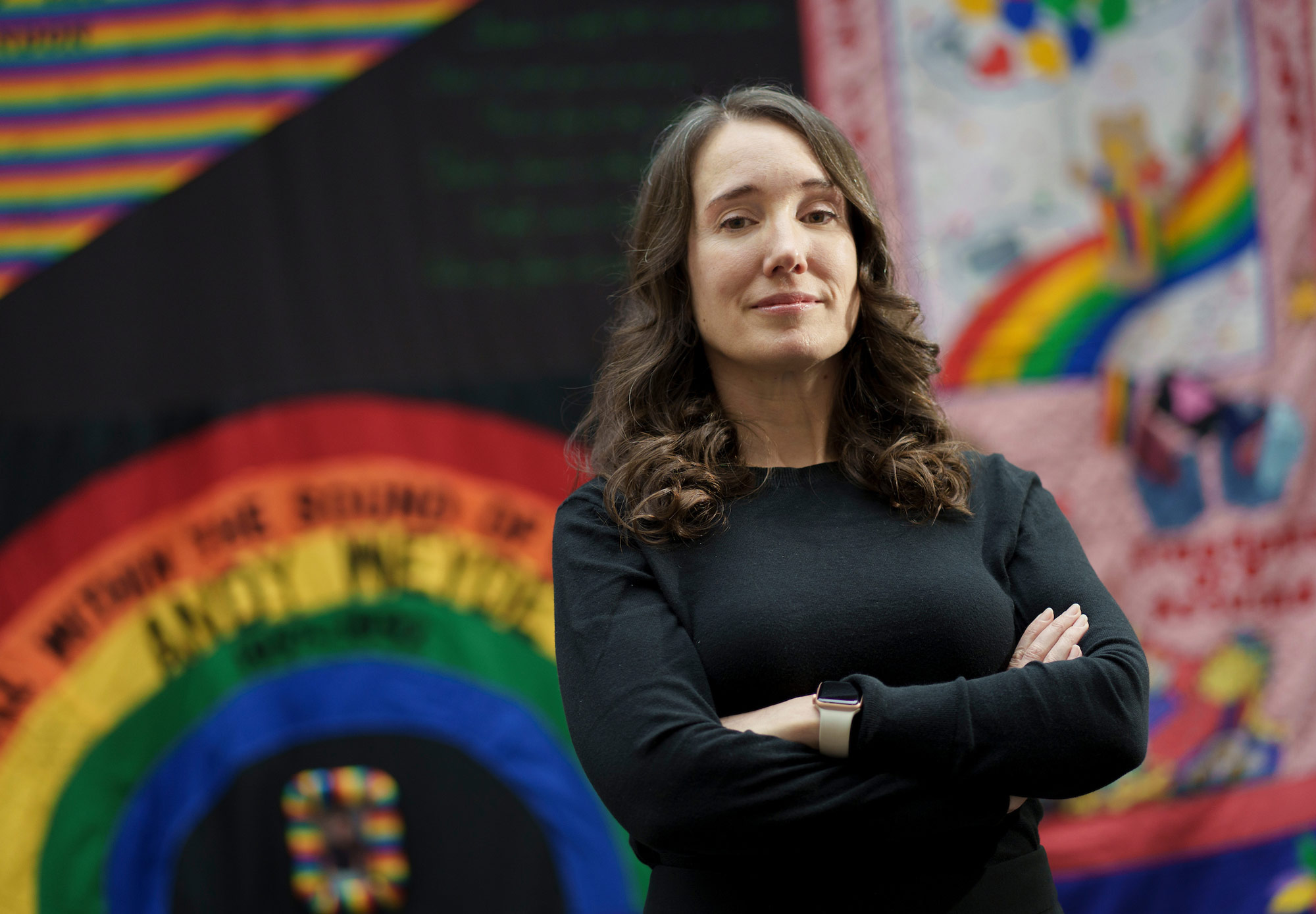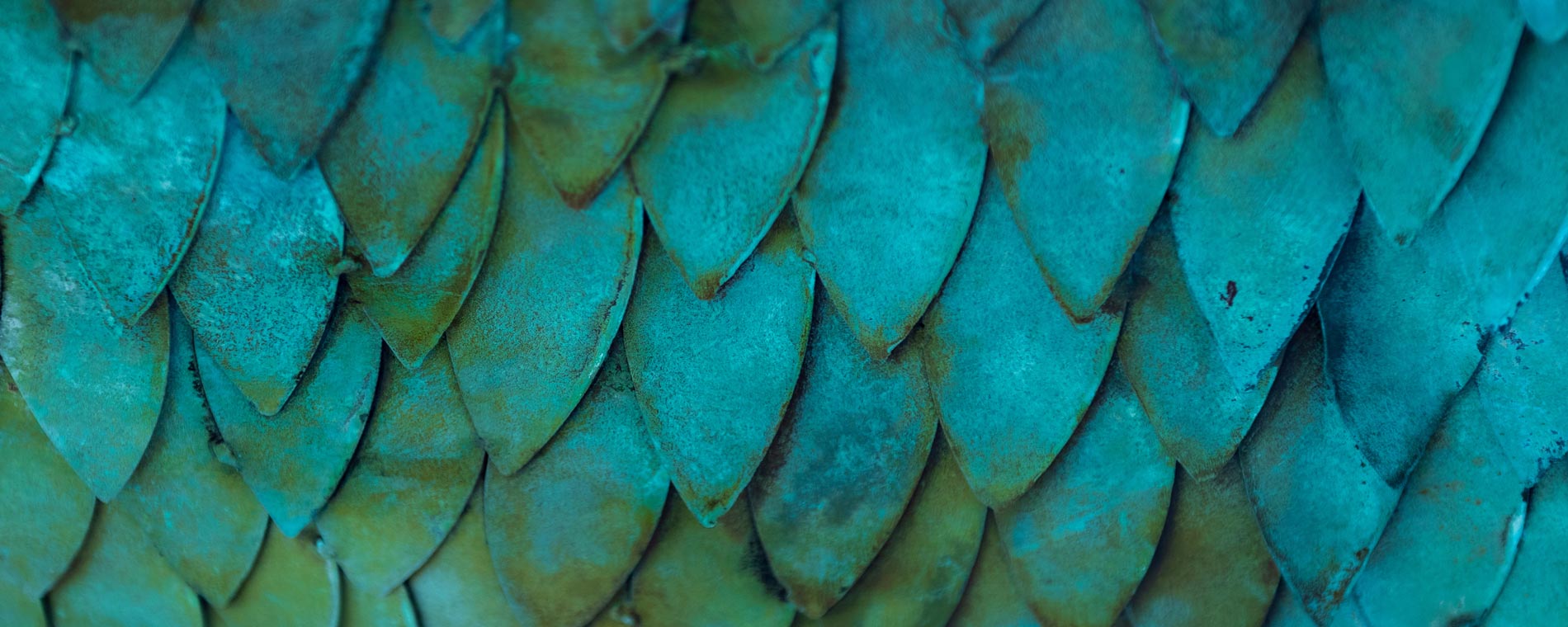
Michaela Howells’ fascination with evolution and medicine led her to a career as a biocultural anthropologist, which bridged her passions and allowed her to explore the world.
“As a human biologist, I’m able to work around the world with extraordinary people and ask some of the most fascinating questions about us as a species,” said Howells, an associate professor of anthropology.
Howells’ research focuses on how health risks rooted in inequalities within the social environment shape the biology of minoritized pregnant people and their developing children. She investigates how maternal psychosocial and biological stress associated with social status and identity impacts neonate outcomes and health disparities after a natural disaster.
“These risk factors likely intersect to place marginalized individuals at risk before, during and following a disaster event,” said Howells, the director of UNCW’s GAPS (Growth Adaptation Pregnancy Stress) Lab. “Natural disasters may exacerbate pre-existing social and health disparities and have intergenerational impacts on health.”
Natural disasters are increasing in frequency and intensity, and these experiences have global ramifications for physical, social and community well-being, she added.
“Collaborative research like mine can help capture the nuanced experiences of those affected and inform future prevention and intervention strategies while providing critical feedback to city planners and local and state governments,” Howells said. “I hope my work can help shape our ongoing response to disasters and recognize those who might be at increased risk during this time.”
Howells, who began working at UNCW eight years ago, enjoys teaching and recognizes it as an important link between culture, biology, health and public understanding. Academia offers a unique opportunity to interconnect teaching, research and service, she said.
“It provides the freedom to pursue some of the most critical questions of our time while serving the needs of our community partners,” Howells added. “I hope that students leave my classroom and lab motivated to affect change in their communities. My goal is for them to apply an anthropological approach to whatever field of study they pursue.”
Howells’ students have been able to participate in multiple countywide collaborations. As part of the New Hanover County AIDS Quilt Coalition, students have engaged with ongoing research on the AIDS Quilt as a tool for public health education, exploring the history of the AIDS pandemic and attendant social movements, and as an example of material culture as radical public history.
For Howells, teaching provides an opportunity to bring students from diverse backgrounds together to grow intellectually.
“I take a purposeful anti-racist approach to teaching and strive to create an engaging, safe and challenging environment for my students,” she said. “Throughout my time at UNCW, I have created multiple, substantial applied learning opportunities that connect students with community partners in Wilmington (MedNorth, SEEDS of Healing, OWLS and the LGBTQ Center of the Cape Fear Coast) and the global health community (American Samoa, Guatemala and Indonesia). Connecting students with the greater community is powerful and is one of my favorite parts of teaching.”
“As a human biologist, I’m able to work around the world with extraordinary people and ask some of the most fascinating questions about us as a species,” said Howells, an associate professor of anthropology.
Howells’ research focuses on how health risks rooted in inequalities within the social environment shape the biology of minoritized pregnant people and their developing children. She investigates how maternal psychosocial and biological stress associated with social status and identity impacts neonate outcomes and health disparities after a natural disaster.
“These risk factors likely intersect to place marginalized individuals at risk before, during and following a disaster event,” said Howells, the director of UNCW’s GAPS (Growth Adaptation Pregnancy Stress) Lab. “Natural disasters may exacerbate pre-existing social and health disparities and have intergenerational impacts on health.”
Natural disasters are increasing in frequency and intensity, and these experiences have global ramifications for physical, social and community well-being, she added.
“Collaborative research like mine can help capture the nuanced experiences of those affected and inform future prevention and intervention strategies while providing critical feedback to city planners and local and state governments,” Howells said. “I hope my work can help shape our ongoing response to disasters and recognize those who might be at increased risk during this time.”
Howells, who began working at UNCW eight years ago, enjoys teaching and recognizes it as an important link between culture, biology, health and public understanding. Academia offers a unique opportunity to interconnect teaching, research and service, she said.
“It provides the freedom to pursue some of the most critical questions of our time while serving the needs of our community partners,” Howells added. “I hope that students leave my classroom and lab motivated to affect change in their communities. My goal is for them to apply an anthropological approach to whatever field of study they pursue.”
Howells’ students have been able to participate in multiple countywide collaborations. As part of the New Hanover County AIDS Quilt Coalition, students have engaged with ongoing research on the AIDS Quilt as a tool for public health education, exploring the history of the AIDS pandemic and attendant social movements, and as an example of material culture as radical public history.
For Howells, teaching provides an opportunity to bring students from diverse backgrounds together to grow intellectually.
“I take a purposeful anti-racist approach to teaching and strive to create an engaging, safe and challenging environment for my students,” she said. “Throughout my time at UNCW, I have created multiple, substantial applied learning opportunities that connect students with community partners in Wilmington (MedNorth, SEEDS of Healing, OWLS and the LGBTQ Center of the Cape Fear Coast) and the global health community (American Samoa, Guatemala and Indonesia). Connecting students with the greater community is powerful and is one of my favorite parts of teaching.”
This article has the following tags: Seahawk Stories


